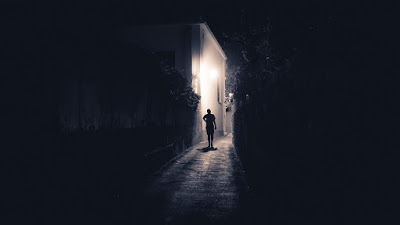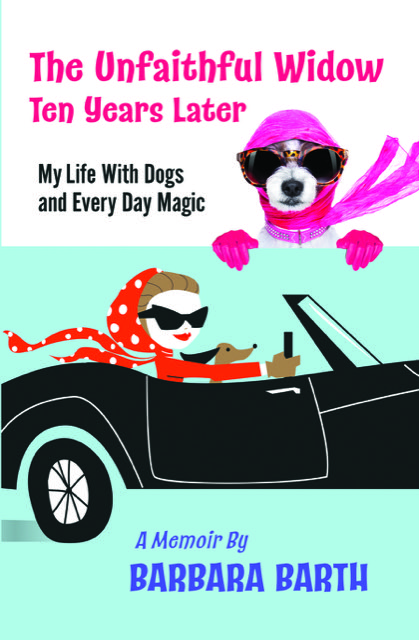Last year may have been the process of first drafts, but this year is the process of revising and rewriting. I have disciplined myself to not fill in blank notebook pages with illegible scribbles of a brand new story idea, but rather, I’ve decided to poor over the illegible handwritings of finished stories and turn them into typed, publishable pieces.
This means I’m also in the process of seeking critiques and submitting (while understanding these critiques and trying to weed out what I will and won’t listen to). It isn’t easy. In a way, I want to be told that what I’ve written is brilliant and the best thing ever, but that isn’t the case for most of us after a first draft.
So when I read over the comments of others who make suggestions (and worse, read over the negative critiques and harsh jabs) at what I’ve written, there are a few things I have to tell my fragile writer’s ego in order to back to the drawing board and make it possible for me to go through the process again (and again and again).
1) This is what you’ve signed up for.
While being told my story is amazing is fantastic for my ego, it’s not what will help my story. As a writer, we’re subject to criticism and what we’ve written isn’t perfect (even after it’s been published). So, when you’re trying to get to that stage and you’ve actually asked people what they think and for feedback, you will more than likely be told about things they didn’t like. I tell myself it’s what I signed up for – I’m not asking people to just tell me it’s good. I’m asking people to tell me how to improve it (aka tell me what wasn’t good).
2) Every draft – every rewrite – is better than the last one.
Each new draft of a story I create is better than the last one. Every plot line I tighten, character dialogue I sharpen, and setting I make more real takes my story that much closer to publishable work. It’s better than the handwritten story it was when I first wrote it out – and it’s better than the freshly typed draft I hadn’t looked over yet – and the next one will be even better.
3) You don’t have to listen to every single critique.
I’ve learned the best thing I can do when assessing critiques is to figure out the common thread. Best of all, what’s a personal weakness in my stories overall that I need to work on? What’s a regular thing in my stories that I’m told I need to work on? If I can figure it out – whether it’s better dialogue that’s needed, stronger characterization, or vivid settings – I can approach my next first draft with even stronger writing skills. But I don’t think you have to change your story based on every suggestion you get. Otherwise you run the risk of turning it into a franken-story.
4) You are a good writer.
I think everyone needs to tell themselves this and I think that needs to be part of a daily mantra. For me it’s one of those repetitive things I tell myself when I need to hear it the most. A good writer isn’t just defined how much stories he or she has had published (although that’s definitely a good way to figure it out). A good writer is someone who keeps going back after falling off that horse. A good writer is someone always looking to improve, submit, rewrite, write, edit, and everything else that goes into the writing process.
5) Go and visit LiteraryRejections.com to feel better. Or read this post by blogger and author Chuck Wendig. Or heck, just google “famous published author rejections.”
What do you tell yourself after you’ve received a lot of story critiques (especially those are that are not all that kind)?






Good suggestions! Admittedly, I have not received many critiques.
And remember how many times Carrie got rejected and how famous Stephen King is today. 🙂
Keep going! Never give up on your writing.
I think #3 is the most important. Reading tastes are subjective – what one person thinks is bad, another will fawn over. If a particular negative critique becomes a trend(ie, more than two people notice), then that's something to pay attention to. Otherwise, see if it makes sense. If not, disregard it.
I don't tell myself anything after a negative critique. I open up a bottle of wine and drink until I don't feel any more feels, then I start revisions.
It's the only way.
The only way… o.o
I believe critiques are important even though it can be difficult too. My daughter is an artist and she had plenty of critique sessions on her work. She did learn how to deal with it and improve too, similar to writing.
twinkle at optonline dot net
Well it might sting a bit. Keep pushing it can only do you good.
I have to agree with number 1. You can't please everybody.
It's really great to remind yourself of these things! There is always room for improvement, but that doesn't mean that you're doing badly at all!
i know i did my best!!!!!!!!!
i know i did my best!!!!
What a lot of good suggestions that I will remember if I ever write a book. However, a lot of them I can apply to my everyday life too.